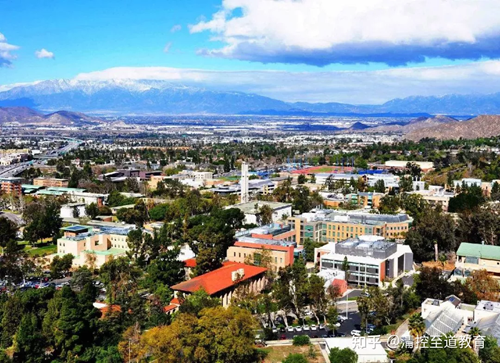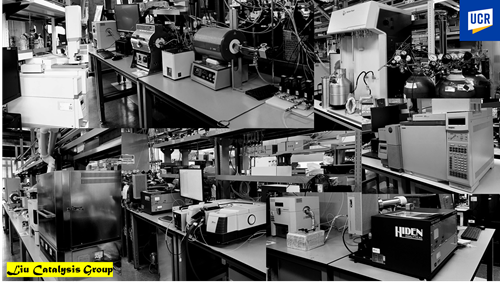加州大学河滨分校Fudong Liu课题组招收非均相催化博士后研究人员1-2名

PhD must be completed prior to start date.
PhD degree in Chemical Engineering, Chemistry, Materials Science and Engineering or a closely related field, with strong heterogeneous catalysis research background.
Strong motivation in fundamental and applied heterogeneous catalysis research; Hands-on experience in thermal catalysis research, especially for heterogeneous gas-solid interface catalysis.
Demonstrated experience in the synthesis, catalytic activity testing and standard characterization techniques of metal, metal oxide and zeolite catalysts.
Demonstrated experience with heterogeneous catalysis, thermal catalysis, nanomaterial synthesis, and/or single atom/cluster catalysis.
Demonstrated experience with physisorption, chemisorption, temperature-programmed reduction/oxidation/desorption/surface reaction techniques, and performing catalytic conversions in gas phase under flow-through ambient pressure or high pressure conditions.
Demonstrated experience with instruments including Mass Spec, FTIR (transmission mode), GC, GC/MS etc.
Demonstrated experience with microscopy and spectroscopy techniques such as TEM, SEM, in situ DRIFTS (FTIR), Raman Spectroscopy, XPS, XAS (XANES and EXAFS) etc.
Demonstrated experience with environmental pollutant control (diesel and gasoline vehicle emission control, indoor air purification) including HC/CO oxidation, NO/NH3 oxidation, NH3 decomposition, NOx reduction and volatile organic compounds (VOCs) removal, greenhouse gas (CO2, CH4, N2O, HFC etc.) reduction/utilization, clean energy source conversion (alkane dehydrogenation, catalytic H2 production) etc.
Mentorship experience of undergraduate and/or graduate researchers.
Strong writing ability as demonstrated by publication record and fellowship/grant application.



如果篇首注明了授权来源,任何转载需获得来源方的许可!如果篇首未特别注明出处,本文版权属于 X-MOL ( x-mol.com ), 未经许可,谢绝转载!



















































 京公网安备 11010802027423号
京公网安备 11010802027423号